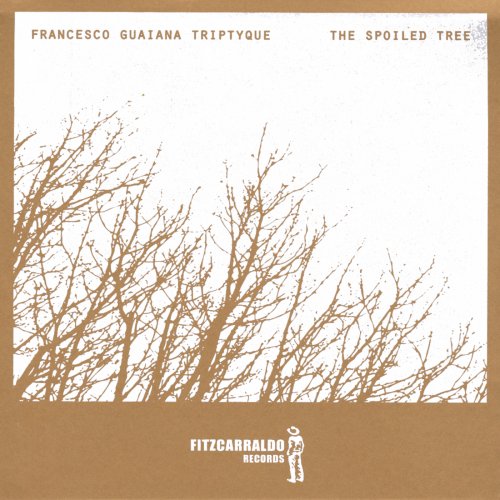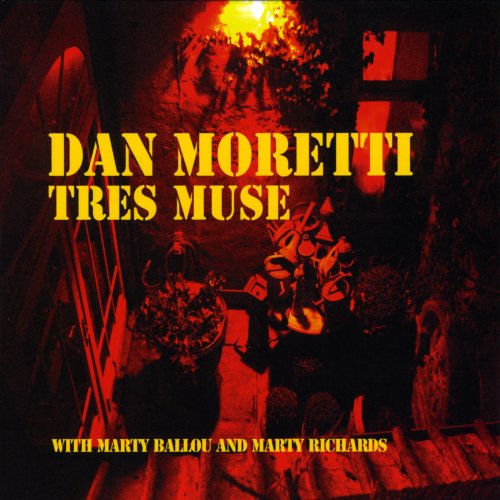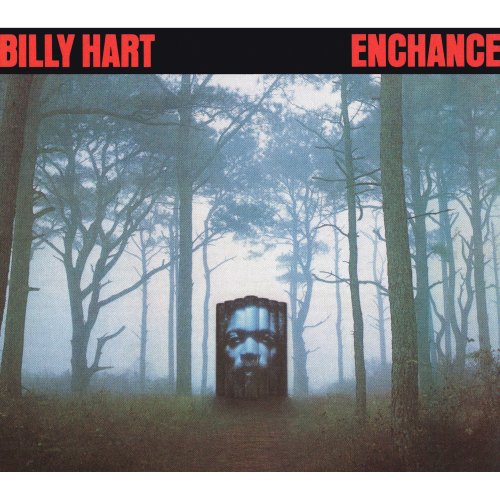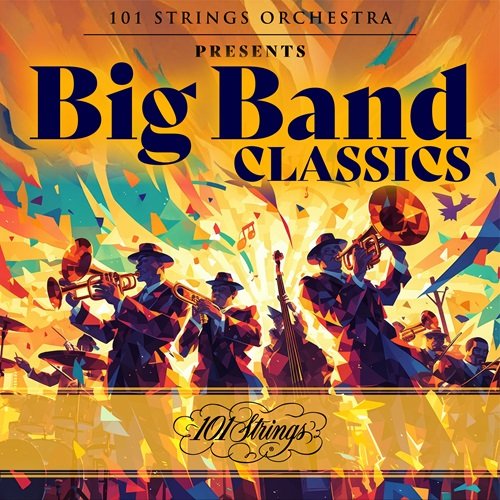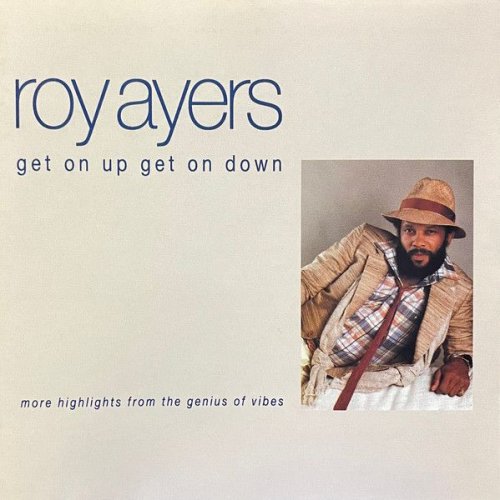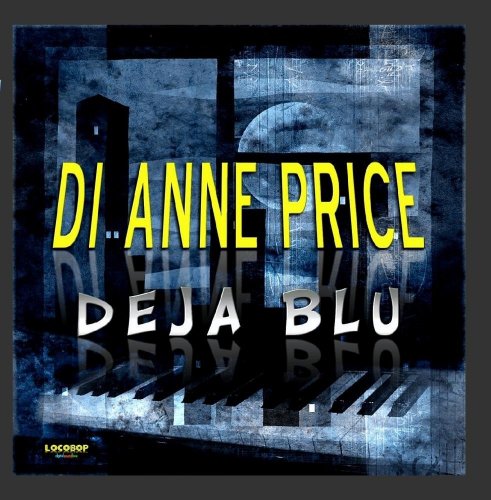Ken Lauber - Contemplation (View) (Korean Remastered) (1970/2009)
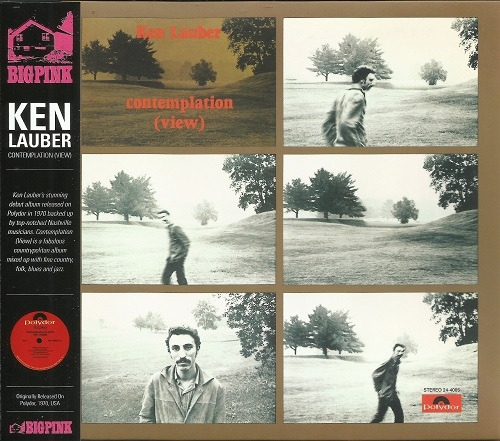
Artist: Ken Lauber
Title: Contemplation (View)
Year Of Release: 1970/2009
Label: Big Pink
Genre: Folk, Country, Classic Rock
Quality: Mp3 320 / Flac (image, .cue, log)
Total Time: 32:27
Total Size: 108/221 Mb (scans)
WebSite: Album Preview
Title: Contemplation (View)
Year Of Release: 1970/2009
Label: Big Pink
Genre: Folk, Country, Classic Rock
Quality: Mp3 320 / Flac (image, .cue, log)
Total Time: 32:27
Total Size: 108/221 Mb (scans)
WebSite: Album Preview
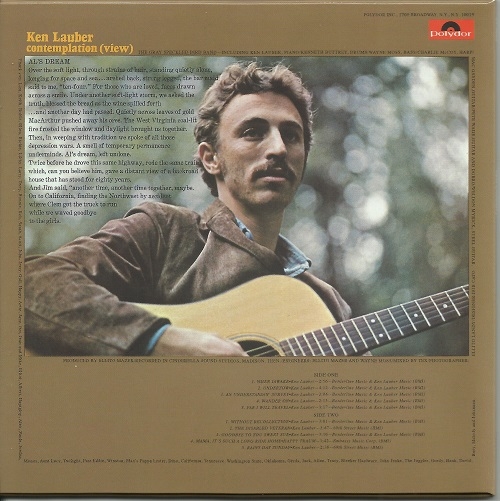
Tracklist:
1. When I Awake - 2:55
2. Undertow - 4:13
3. An Understanding Survey - 3:05
4. Wander On - 2:15
5. Far I Will Travel - 3:18
6. Without Recollection - 3:06
7. Disabled Veteran - 3:49
8. Goodbye To You Sweet Sue - 3:21
9. Mama, It's Such A Long Ride Home - 3:42
10. Rainy Day Sunday - 2:42
Ken Lauber - Vocals, Piano
Wayne Moss - Guitars, Bass
Kenny Butrey - Drums
Charlie McCoy - Harp, Bass, Organ
Weldon Myrick - Pedal Steel Guitar
Mac Gaydon - Electric Guitar
Pete Wade - Acoustic Guitar
Lauber was born in New York City in 1941 and raised on Long Island. His first music lessons of note were drum lessons at the age of thirteen with the legendary drummers Gene Krupa and Cozy Cole. He continued his studies when he entered The Juilliard School of Music in the extension division when he was still in junior and senior high school studying percussion with Morris Goldenberg and Saul Goodman. Between 1960 and 1962 he attended two semesters at Ithaca College to further his percussion studies with Warren Benson. He then returned to The Juilliard School to study music composition with the composer Vincent Persichetti, piano with Rosina Lhévinne and conducting with Jean Morel. In addition he studied orchestration privately with Marion Evans.
In 1964, Lauber worked for United Artists Corporation and scored a seven-minute piano concerto for the film The World of Henry Orient, starring Peter Sellers. He also composed the score to The Drifter, a film by Alex Matter that received international success at the Venice Film Festival. Single recordings under his name from Lilies of the Field, a motion picture starring Sidney Poitier, and the Tony Richardson / Albert Finney film Tom Jones were among some of Lauber's early recordings.
In 1969, Lauber had a singer/songwriter contract with Polydor Records. The album, Contemplation View, recorded in Nashville, was part of the label's American debut. Lauber and the musicians backing him were part of another album recorded at the same time, Area Code 615, by the band of the same name. The song "Why Ask Why" from a Burt Reynolds movie originally entitled Fade-In was part of the group's repertoire and later was also recorded by Leo Kottke.
The album Contemplation View was considered to represent a new genre, resulting in the labeling of Lauber in reviews as one of the innovators of "countrypolitan" music, a combination of country blues and jazz. Two years later, Lauber moved to Los Angeles to continue his film composing activities as well as to record another solo singer/songwriter album, Ken Lauber, for MCA, produced by Val Garay.
In 1964, Lauber worked for United Artists Corporation and scored a seven-minute piano concerto for the film The World of Henry Orient, starring Peter Sellers. He also composed the score to The Drifter, a film by Alex Matter that received international success at the Venice Film Festival. Single recordings under his name from Lilies of the Field, a motion picture starring Sidney Poitier, and the Tony Richardson / Albert Finney film Tom Jones were among some of Lauber's early recordings.
In 1969, Lauber had a singer/songwriter contract with Polydor Records. The album, Contemplation View, recorded in Nashville, was part of the label's American debut. Lauber and the musicians backing him were part of another album recorded at the same time, Area Code 615, by the band of the same name. The song "Why Ask Why" from a Burt Reynolds movie originally entitled Fade-In was part of the group's repertoire and later was also recorded by Leo Kottke.
The album Contemplation View was considered to represent a new genre, resulting in the labeling of Lauber in reviews as one of the innovators of "countrypolitan" music, a combination of country blues and jazz. Two years later, Lauber moved to Los Angeles to continue his film composing activities as well as to record another solo singer/songwriter album, Ken Lauber, for MCA, produced by Val Garay.
